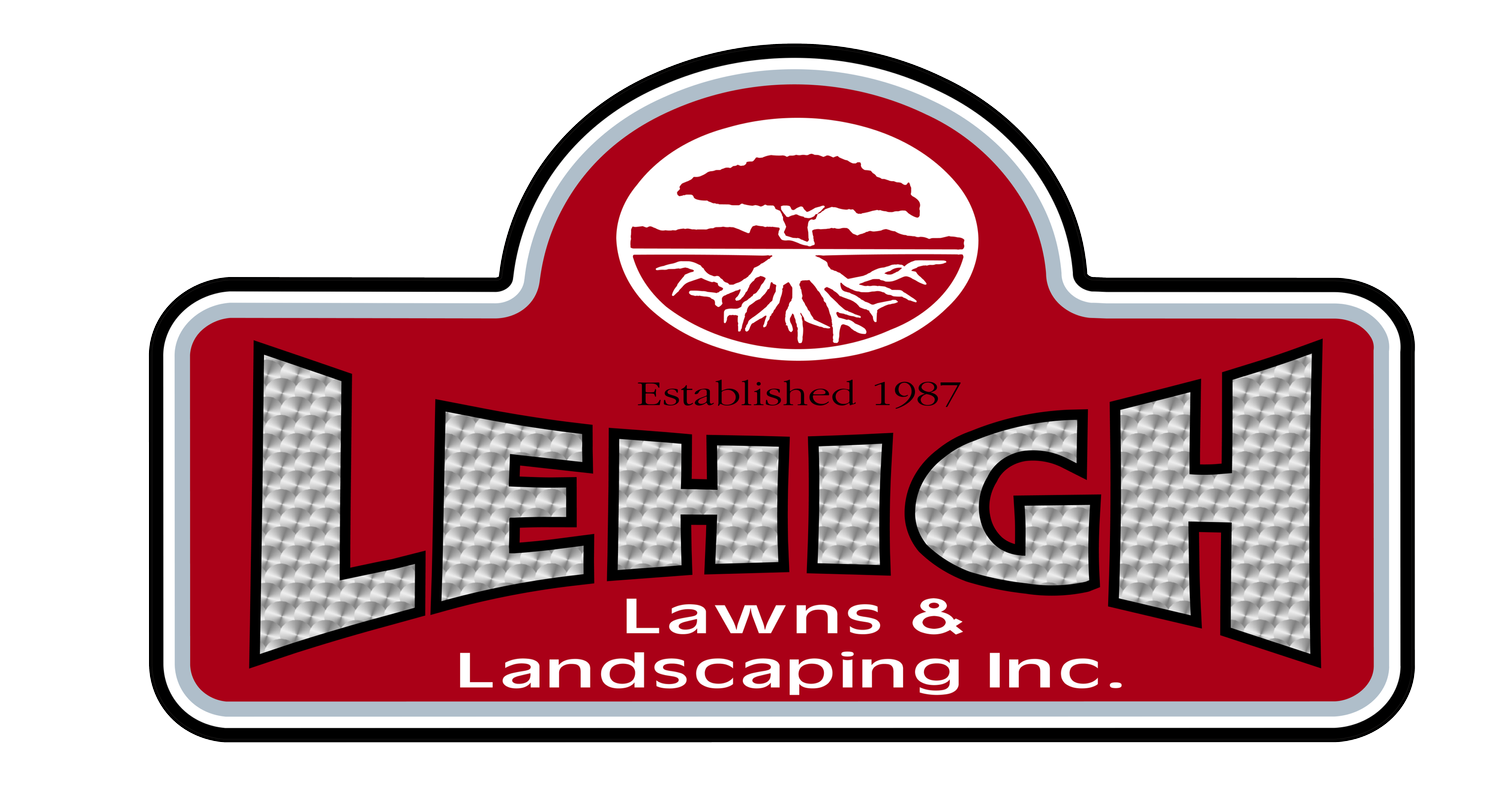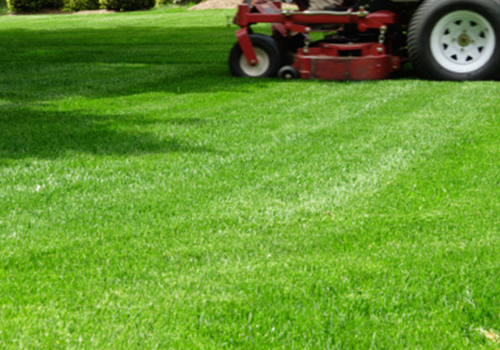Say Goodbye to Weeds with Lawn Weed Control in the Poughquag and Poughkeepsie, NY Areas
Weeds in the lawn can be the bane of your existence, popping up all over your Poughquag and Poughkeepsie, NY Areas grass. If your crusade against weeds has not been successful, it might be time to enlist professional help. You can say goodbye to weeds with weed control applied at the right intervals.
Related: A Healthy Landscape Is Best Achieved With Professional Lawn Maintenance in the Poughkeepsie, NY Area
Broadleaf Weed Preventives
Broadleaf weeds are a group of invasive pests that can infiltrate your healthy lawn and leave it looking less than amazing. They compete with the grass for sun, water, and food and they often win.
Prevention can be key to stopping broadleaf weeds in their tracks. Some common broadleaf weeds are dandelions, clover, chickweeds, thistle, violets, and chicory. One of the main problems with these weeds can be that they are green and make your lawn look bold and thick but the reality is that they will choke out the grass and leave you with nothing but a carpet of weeds.
Broadleaf weeds have a main vein with branches that spread out into nearby areas. They are quite difficult to kill once they take hold, making preventives critical. The broadleaf products are applied in early spring to keep them from germinating.
Weed and Feed Application
The next spring application is a weed and feed combination of fertilizer to feed the dormant grass and weed prevention that targets crabgrass. This course, light green spikey weed can look like grass but is a perfect spot for insects to make a home.
Like other weeds, it steals the water and food from the grass, leaving your lawn without the essentials it needs to thrive. Crabgrass can survive the hot summer conditions to spread its seed in the fall. Then, when the winter ends and the grass resumes growing, the crabgrass seeds are ready to germinate.
Grub Control
Grubs are the larvae of Japanese beetles that show up in June to eat the leaves from your trees and shrubs. As they feed, they lay eggs on the grass. These eggs hatch in late summer and go beneath the soil to feed on the roots of the grass.
Grubs stay underground during the winter, feasting on the roots of the grass until spring returns. The grubs change to beetles and the process starts over again except you have entire grass patches that are dead since the roots are gone.
Fertilizer Applications
In addition to the first fertilizer application, the next one should happen in early summer to boost the health of the grass before the hottest months. Fertilizer has the nutrients your lawn needs to withstand the hot, dry summer conditions without dying.
When your grass has nitrogen, phosphorus, and potassium from fertilizer, it can remain healthy and stand up to the weeds and pests that steal its food. Since fertilizer is specific to grass types, you should be sure the fertilizer ratio is what your particular lawn needs.
The second application should be in early fall when the new grass seed is planted and then again in late fall to give the grass time to absorb nutrients to store in the dormant, cold months. Fertilizer is essential for the ongoing good health of your grass plants. Not only will healthy grass withstand the weeds but they won’t have a chance to ruin your gorgeous lawn.

